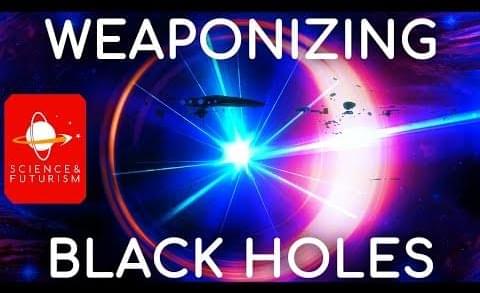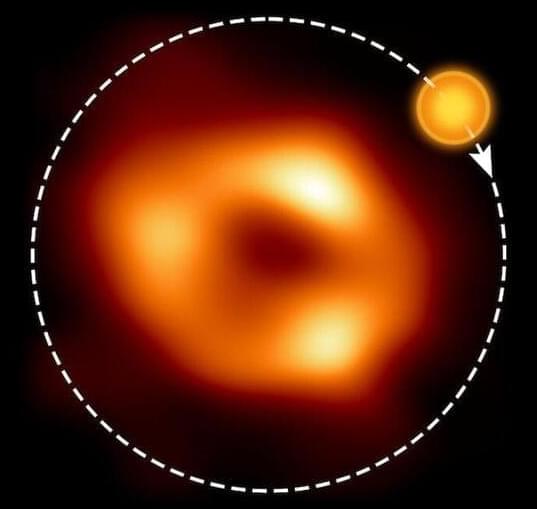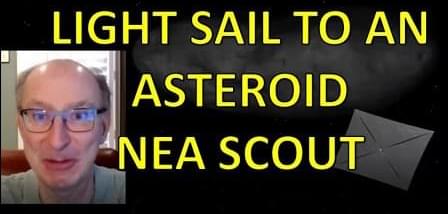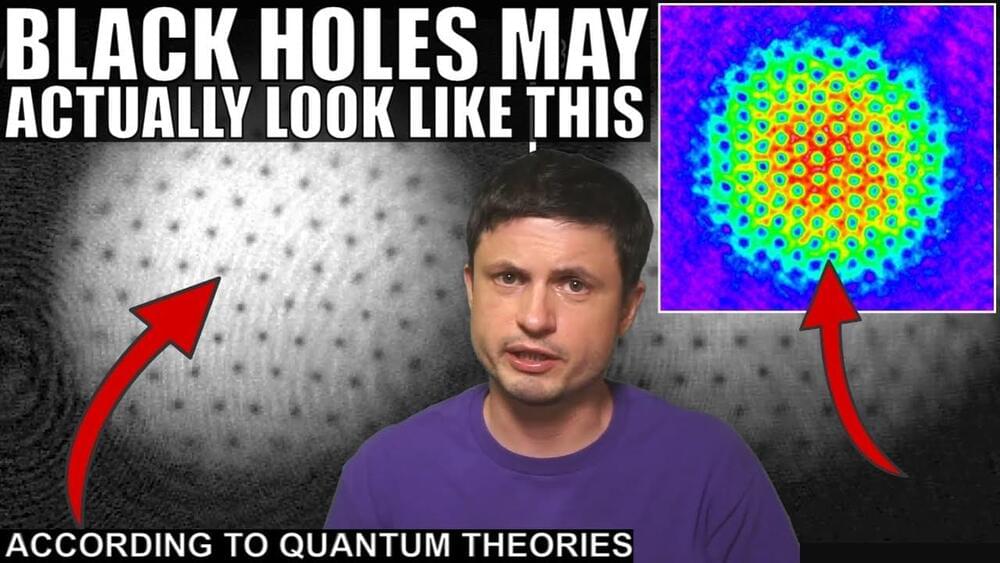Issac Arthur play list.
SFIA looks at uses for black holes ranging from spaceships to artificial worlds to escaping the Heat Death of the Universe.

Issac Arthur play list.
SFIA looks at uses for black holes ranging from spaceships to artificial worlds to escaping the Heat Death of the Universe.

There is a lot of culture and philosophy built into the Big Bang theory as we understand it.
After the big bang, electricity and light filled the universe in what’s called the epoch of reionization. The James Webb Space Telescope is hunting for more clues to explain this time period.
Astronomers have recently found the nearest known black hole to our solar system. According to scientists, the black hole is 1,570 lightyears away and ten times larger than our sun.
Known as Gaia BH1, the research was led by Harvard Society Fellow astrophysicist Kareem El-Badry, with the Harvard-Smithsonian Center for Astrophysics (CfA) and the Max Planck Institute for Astronomy (MPIA).
In addition, El-Badry worked with researchers from CfA, MPIA, Caltech, UC Berkeley, the Flatiron Institute’s Center for Computational Astrophysics (CCA), the Weizmann Institute of Science, the Observatoire de Paris, MIT’s Kavli Institute for Astrophysics and Space Research, and other universities.
For about two hours, a bubble of extremely hot electrons whirled around the Milky Way’s supermassive black hole at 30 per cent of the speed of light, and then it was destroyed.

This bubble takes just about an hour to whip around a black hole.
This bubble that circles the event horizon of Sgr A takes just 70 minutes to whip around the black hole. It was observed by the Event Horizon Telescope.

Sailing on light pressure to Near Earth Asteroid (NEA) 2020 GE NEA Scout will be the first mission to use solar light as propulsion to reach a destination in space. It will be launched to the moon by NASA’s Artemis I Space Launch System rocket and sail from there to the asteroid. Learn about this exciting mission directly from Dr. Les Johnson, the Principal Investigator of the light sail.
Worm-hole generators by the pound mass: https://greengregs.com/
Continue reading “Sailing Light to an Asteroid NEA Scout with Les Johnson” »

Get a Wonderful Person Tee: https://teespring.com/stores/whatdamath.
More cool designs are on Amazon: https://amzn.to/3wDGy2i.
Alternatively, PayPal donations can be sent here: http://paypal.me/whatdamath.
Hello and welcome! My name is Anton and in this video, we will talk about.
Links:
https://www.science.org/doi/10.1126/science.1060182
https://arxiv.org/pdf/1609.01639.pdf.
https://www.nsf.gov/news/mmg/mmg_disp.jsp?med_id=59577&from=
https://www.rle.mit.edu/cua_pub/ketterle_group/Projects_2001…Vortex.htm.
https://dx.doi.org/10.1103/PhysRevLett.129.061302
ISS experiments: https://youtu.be/UEEccJLYVXM
Another similar finding: https://youtu.be/FsTbMfQP7b0
#quantumphysics #blackhole #vortex.
Continue reading “Black Holes May Be Covered in Vortex Structures According to New Study” »
A beacon of distant light facilitated a special photo, and it’s now the subject of a new study.
A bright and messy extragalactic den helped us take a special space photo with the Event Horizon Telescope.
A sensor containing thumbnail-sized interferometers might help astronomers detect gravitational waves emitted from certain black hole mergers.